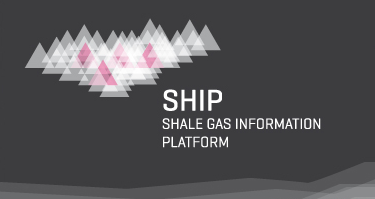Fugitive emissions of methane from abandoned, decommissioned oil and gas wells
11.02.2016
Water Protection, Climate Impact
This recently published study (weblink) considered the fugitive emissions of methane from former oil and gas exploration and production wells drilled to exploit conventional hydrocarbon reservoirs onshore in the UK. This is important since[...]read more





